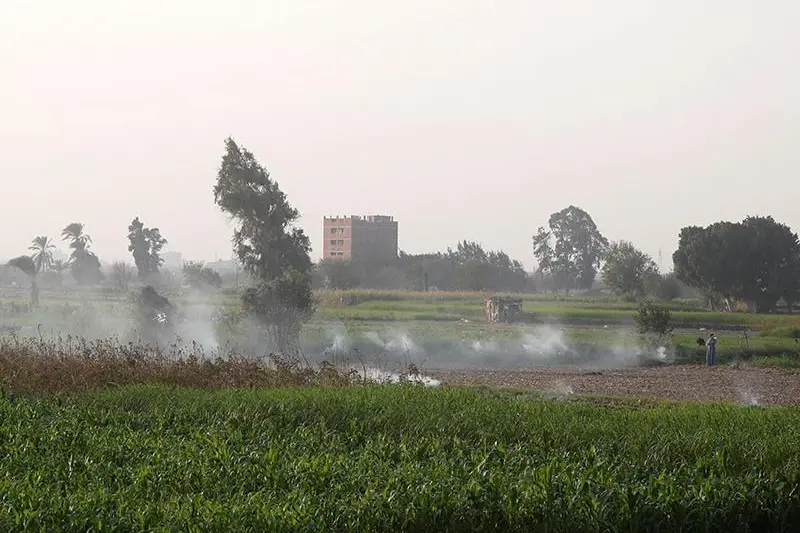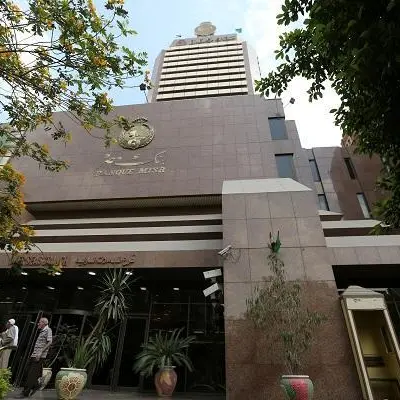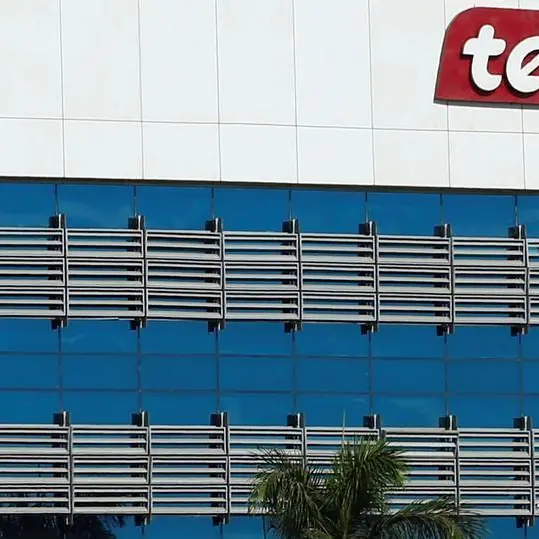PHOTO
Egypt - The German Agency for International Cooperation (GIZ), in partnership with the Industrial Modernization Center (IMC), has inaugurated a collaborative project aimed at fostering the growth of small and medium-sized enterprises (SMEs) within the food and agricultural manufacturing industries in Egypt. This initiative is slated to span 18 months.
This collaborative agreement signifies a progression in the ongoing cooperative efforts to augment the proficiency of SMEs. It encompasses the initiation of technical and vocational training schemes designed to cultivate nascent industrial conglomerates and enhance regional development, particularly within the food and agricultural sectors. The programme is structured around four principal components, each comprising a suite of services orchestrated by the IMC. These services are tailored for personnel in industrial entities and firms active in the specified sectors, notably those involved in the production of vegetables, fruits, medicinal herbs, dairy items, and confectioneries, across the industrial locales of Sadat, Fayoum, and Beni Suef.
The primary objective of the project is to amplify sustainable employment prospects by buttressing local manufacturing and amplifying the competencies of SMEs in the food and agricultural domains. This will enable them to penetrate target markets through adherence to global benchmarks.
The IMC assumes the mantle of the project’s operational lead, leveraging its extensive background in sectoral development and its collaborative ties with relevant organizations and enterprises within the target industries. This role includes the identification of trainee categories and the orchestration of vocational training initiatives for the workforce, as well as the issuance of accredited certifications to enhance investment prospects and facilitate entry into novel export arenas.
Moreover, the IMC has crafted a comprehensive operational strategy, segmented into four pivotal components, to encapsulate the project’s goals. This strategy is to be executed in concert with the GIZ contingent and a cadre of specialists, commencing from the date of the agreement’s ratification.
The initial component entails aligning industrial entities within the food production and agricultural processing sectors to the stipulations and norms set forth by the National Food Safety Authority (NFSA). This will be achieved through the deployment of educational and training modules for 60 enterprises operating in the realms of herbal and aromatic products, horticulture, confectionery, and dairy.
The educational agenda is concentrated on acquainting participants with the requisite documentation for NFSA registration, enlightening them about the registration process, and the advantages of conforming to occupational health and safety protocols. The ultimate aim is to equip these entities to meet the criteria for inclusion in the NFSA’s white list.
The second component involves the IMC facilitating the attainment of an occupational health and safety specialist certification for 50 professionals within the safety departments of 50 industrial establishments. This will be based on defined parameters for selecting candidates eligible to receive an internationally recognized certification in this domain.
Transitioning from individual to organizational focus, the third component is dedicated to the provision of services for the acquisition of international compliance certifications such as ISO 45001, ISO 22000, and FSSC for 160 selectively chosen firms. The range of services will encompass preparatory measures, certification, and subsequent oversight, contingent upon each entity’s current developmental phase.
To ensure enduring progress and the cultivation of adept personnel, the project’s fourth and conclusive component zeroes in on skill enhancement for employees. It targets 50 staff members across 50 industrial units, integrating them into an array of vocational training seminars.
© 2024 Daily News Egypt. Provided by SyndiGate Media Inc. (Syndigate.info).





















